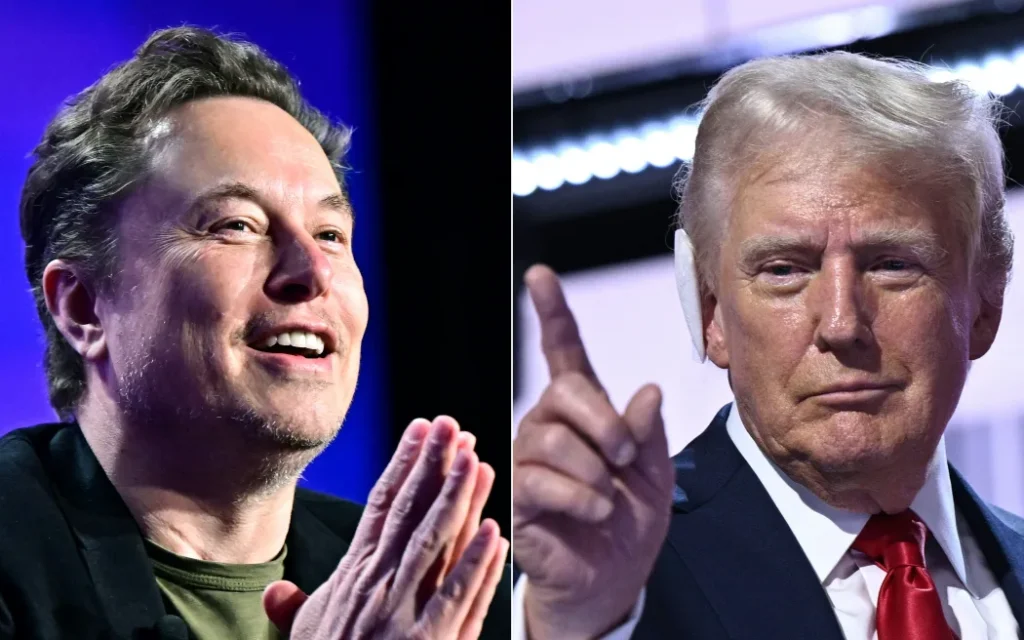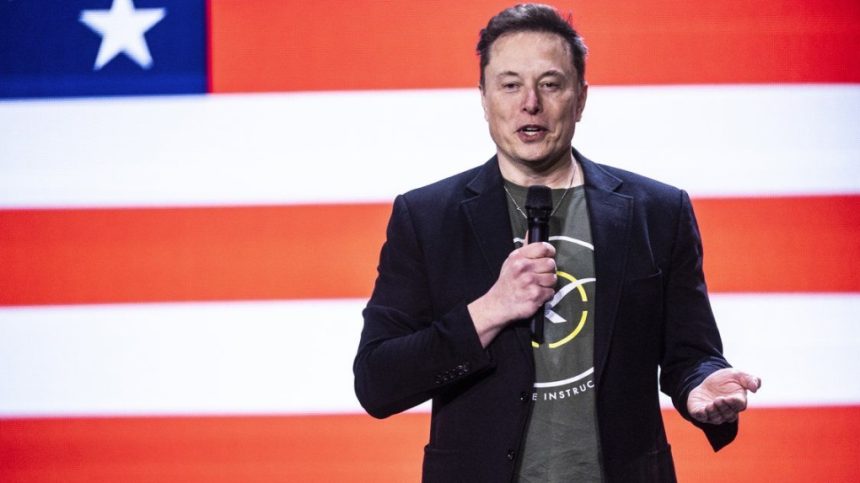In an unexpected twist during the 2024 election cycle, tech billionaire Elon Musk, known for his ownership of X (formerly Twitter) and Tesla, made headlines with a bold promise: he will award $1 million every day to registered voters in key battleground states leading up to the election.
Musk made the announcement during a campaign event in Harrisburg, Pennsylvania, while stumping for former President Donald Trump. The initiative, aimed at boosting voter turnout in critical swing states, has quickly drawn scrutiny from legal experts who question whether the sweepstakes might violate election laws.
Musk’s announcement came during a rally where he urged voters to sign a petition supporting the First and Second Amendments, which protect free speech and the right to bear arms. The petition, launched by Musk’s political action committee (PAC), is only open to registered voters in seven battleground states: Pennsylvania, Georgia, Nevada, Arizona, Michigan, Wisconsin, and North Carolina.
“We want to try to get over a million, maybe two million voters in the battleground states to sign the petition in support of the First and Second Amendment,” Musk said at the event. “We are going to be awarding $1 million randomly to people who have signed the petition, every day, from now until the election.”
With this announcement, Musk aimed to energize voters in the lead-up to the 2024 presidential election, where Trump is vying for a return to the White House. The sweepstakes is designed to coincide with voter registration deadlines, and Musk’s team has emphasized that only registered voters are eligible to participate. However, it’s this very structure that has raised questions among legal experts.
Musk’s giveaway has quickly attracted attention from election law experts, who are concerned that offering financial incentives for voter registration could run afoul of existing regulations. U.S. federal law prohibits paying individuals to vote, and while Musk’s contest claims to be tied to a petition rather than a direct financial reward for casting a ballot, the fine line between the two could be problematic.

Richard Hasen, a law professor at UCLA and expert on election law, expressed concerns, stating, “While offering prizes to registered voters may not seem like an explicit payment to vote, the fact that it’s tied so closely to registration deadlines could easily be interpreted as an attempt to influence voter behavior. This could potentially breach laws designed to maintain the integrity of the voting process.”
Similar concerns were echoed by Trevor Potter, a former chairman of the Federal Election Commission (FEC), who suggested that Musk’s sweepstakes might not hold up under scrutiny if it’s found to incentivize voting or registration through financial rewards.
Despite these concerns, Musk’s team appears undeterred, moving forward with the contest while maintaining that it is primarily about promoting the values enshrined in the First and Second Amendments. Musk, who has given more than $75 million to his pro-Trump Super PAC, stressed that the initiative is meant to mobilize voters and encourage political participation.
READ ALSO: Liverpool Eye Borussia Dortmund Defender as Potential Successor to Virgil van Dijk
Musk’s entry into the political arena has become more pronounced in recent months, particularly with his public support for Trump and his ongoing efforts to push conservative causes. The billionaire has made multiple campaign appearances in Pennsylvania, a crucial swing state, where he has rallied crowds, promoted his petition, and advanced his views on free speech and gun rights.
During the Harrisburg event, Musk called on his supporters to take action. “This is a one-time ask,” Musk said to the crowd. “Just go out there and talk to your friends and family and acquaintances and people you meet in the street and … convince them to vote. Obviously, you gotta get registered, make sure they’re registered, and … make sure they vote.”
While the campaign trail has seen Musk promoting his petition and speaking on behalf of Trump, he has also been vocal about conspiracy theories related to the 2020 election. His rhetoric has echoed sentiments from Trump’s camp, raising doubts about the legitimacy of the previous election, despite multiple court rulings and investigations confirming the outcome.
Musk’s million-dollar sweepstakes officially kicked off with the announcement of the first winner during the Harrisburg event. In a dramatic moment, Musk handed a giant check to a Trump supporter on stage, celebrating the launch of his voter giveaway. “So anyway, you’re welcome,” Musk said with a smile, drawing cheers from the crowd.
The second million-dollar winner was named just a day later during an event in Pittsburgh, where Musk handed out another large check in front of a crowd adorned with signs reading “VOTE EARLY.” With such significant prizes at stake, the initiative is sure to attract attention—and possibly more legal scrutiny—as Election Day draws closer.

Musk’s sweepstakes represents a highly unconventional approach to voter engagement, particularly in an election as contentious as the 2024 race. While the financial incentives could potentially motivate more people to register and vote, the legal ambiguities surrounding the initiative may force regulatory bodies like the FEC to step in and evaluate its compliance with election laws.
With Election Day still months away, Musk has made it clear that he intends to keep up the pace, offering a daily $1 million prize to participants who register and sign his petition. His involvement in Trump’s campaign is also likely to grow as the race heats up, with the tech mogul using his platform to further his political beliefs.
As the sweepstakes continues, Musk’s role in the 2024 election will be one to watch. His blend of celebrity, wealth, and political influence makes him a unique figure on the campaign trail, and his tactics—whether successful or legally challenged—highlight the increasingly unconventional methods being used to sway voters in today’s political landscape.

